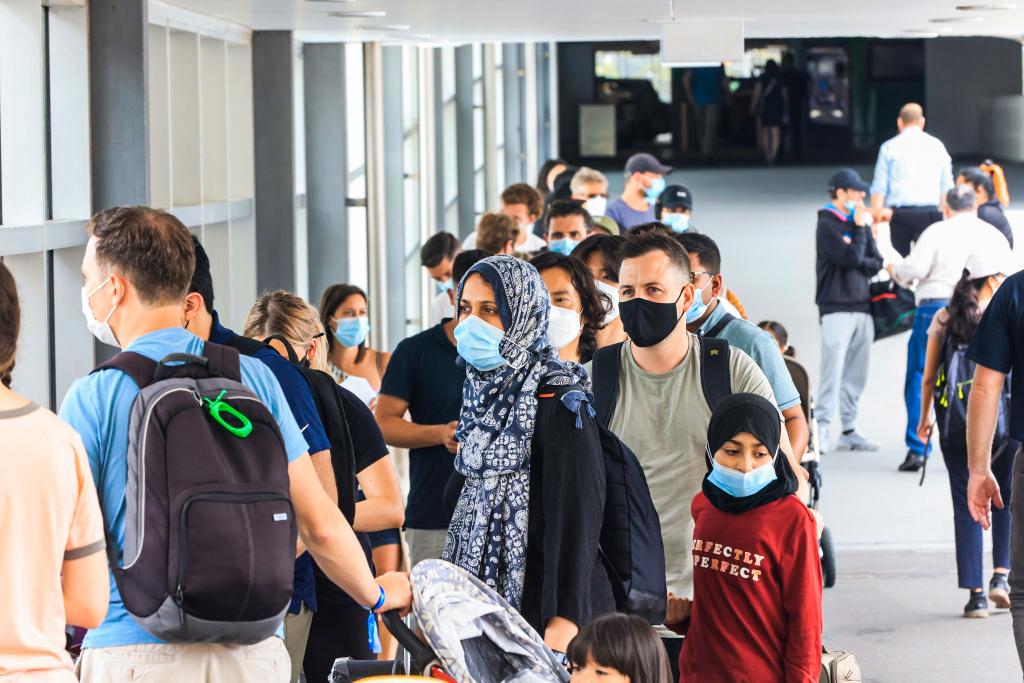The federal Labor government has called for submissions to its public inquiry into the COVID-19 response.
These contributions will inform recommendations that “improve Australia’s preparedness for future pandemics.”

The federal Labor government has called for submissions to its public inquiry into the COVID-19 response.
These contributions will inform recommendations that “improve Australia’s preparedness for future pandemics.”